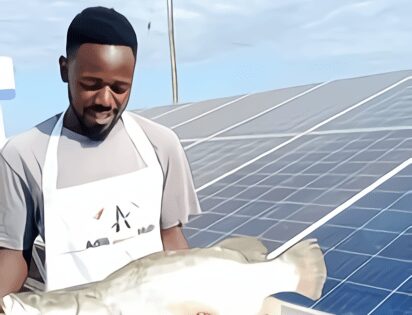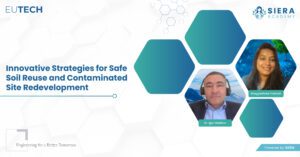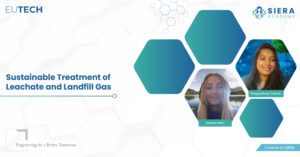Name of Project: ADILI SOLAR HUBS’ ACH1 PROJECT
Adili Solar Hubs Limited uses clean energy to deploy productive use of energy (PUE) solutions in the water and food sectors to elevate the economies of marginalized communities. Their pilot sustainable Tech solution is a Fish processing and a water treatment facility in Longech. The location has no access to clean water residents by water from the mainland at $0.8 per 20L jerrican, which is 16 times more expensive than the cost of water in an urban location. Adili Solar Hubs Limited works towards solving the global challenges with SDGs at the heart of most of its operations.
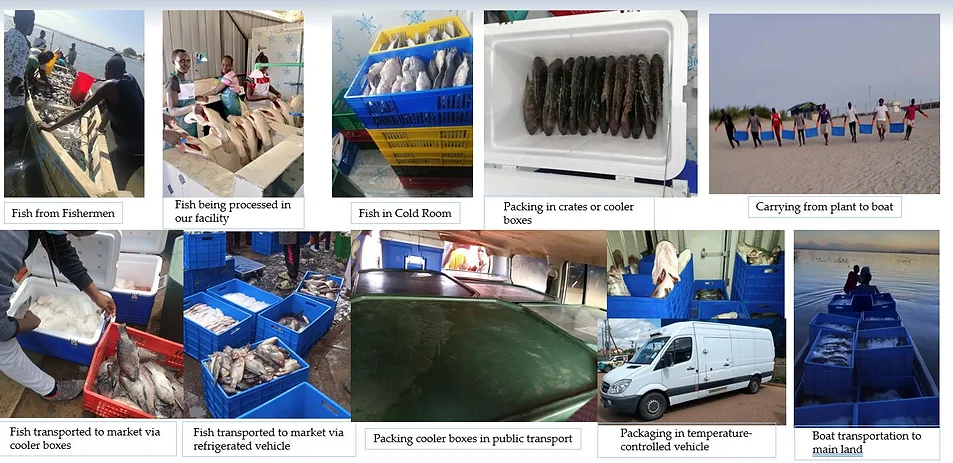
The breakdown of Adili’s SDG focused activities as follows:
SDG 8: Decent Work and Economic Growth:
By providing a ready market for the fisherfolk at their landing sites at Lake Turkana Adili’s project provides decent work and economic growth for the community.
Conventionally, the fisherfolk in Longech could only sell their fish as dried, salted, smoked, or fried product. While the shelf life of traditionally preserved fish is long, the market value is low. The nutritional value and taste are also diminished through the traditional preservation methods.
SDG 7: Affordable and Clean Energy
Adili’s fisherfolk benefit from better prices for their product because Adili can deliver the fresh fish to urban markets 800 Km away. As a technology company, Adili lets free the fisherfolk by bearing the investment costs and risks of enhancing the value of the Turkana fish through modern cold chain management services that are high energy consuming and require technical expertise to maintain.
SDG 9: Industry Innovation and Infrastructure
Adili has taken an innovative approach to the implementation of sustainable technology. They implement IoT technology to monitor the operation of all equipments these include cold room, ice flake machine, RO water purification system, water flow, and others.
SDG 6: Clean Water and Sanitation
For hygienic processing Adili needs to integrate water treatment facilities in a region where there is no access to clean water. As such they installed a well with a solar powered pump to supply the facility with raw water which is also supplied to the nearby school for their non-potable use.
SDG 14: Life Below Water
Adili is implementing a fish waste management program to upcycle the fish waste generate during operations. They still feed the organic waste generated from gutting and cleaning the fish into a biodigester which will generate biogas and an organic effluent that can be used for irrigating and fertilizing a vegetable garden.
SDG 2: Zero Hunger
Access to more affordable high-quality fish and reducing post-harvest losses in the fish value chain is a win for SDG 2 in the fish industry.
High quality sustainable technology often has high investment costs. Kimani Gichuche, Executive Director, Adili Solar Hubs Limited stated in an interview with Visions for Europe Magazine, “acquiring state of the art technology with excellent ROIs and prove cases for scalability are among the most difficult challenges to overcome in our settings.”
Kimani added, “our company has handled hard challenges while enabling our sustainable tech accessible to different communities, like bureaucracy, securing the cold chain of custody throughout the supply chain of fresh fish from source to market is costly, access to hi-tech consumable materials etc.”
In the expansion plan Adili will scale up their RO technology enabling them to deliver the entire community with clean potable water as well as raw water for nonportable use.
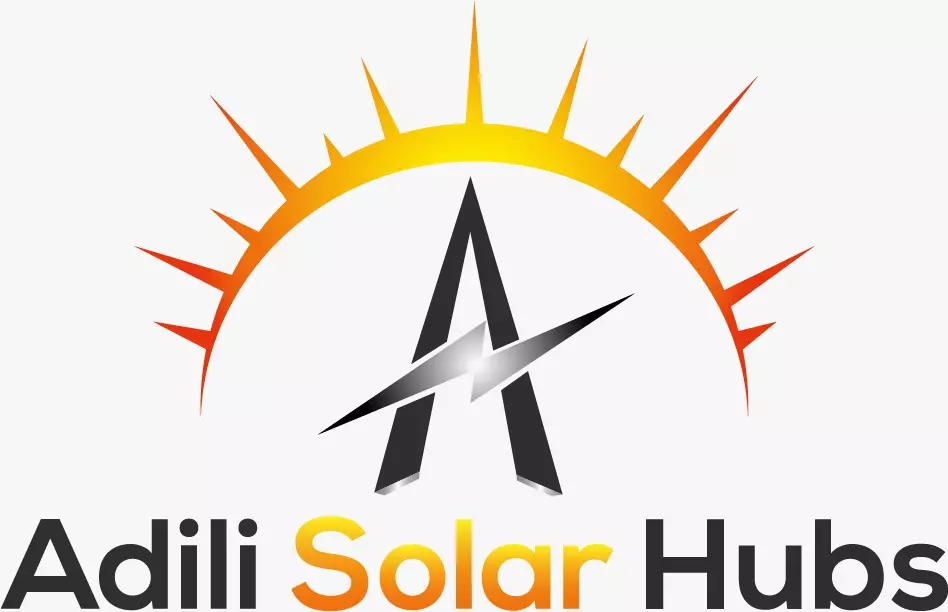
Useful links:
https://web.facebook.com/people/Adili-Solar-Hubs-Limited/100071593247651/

